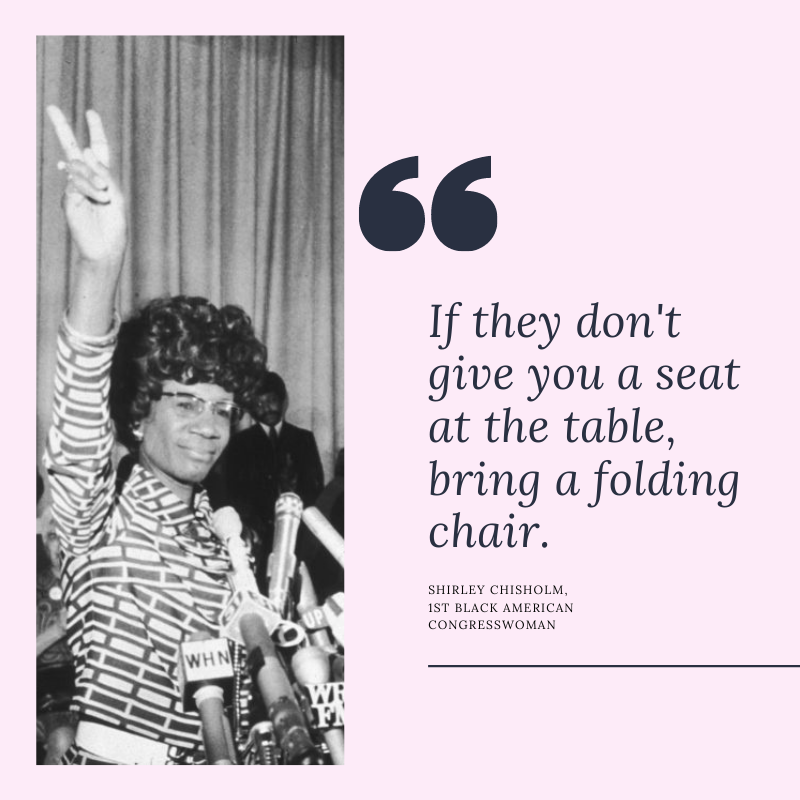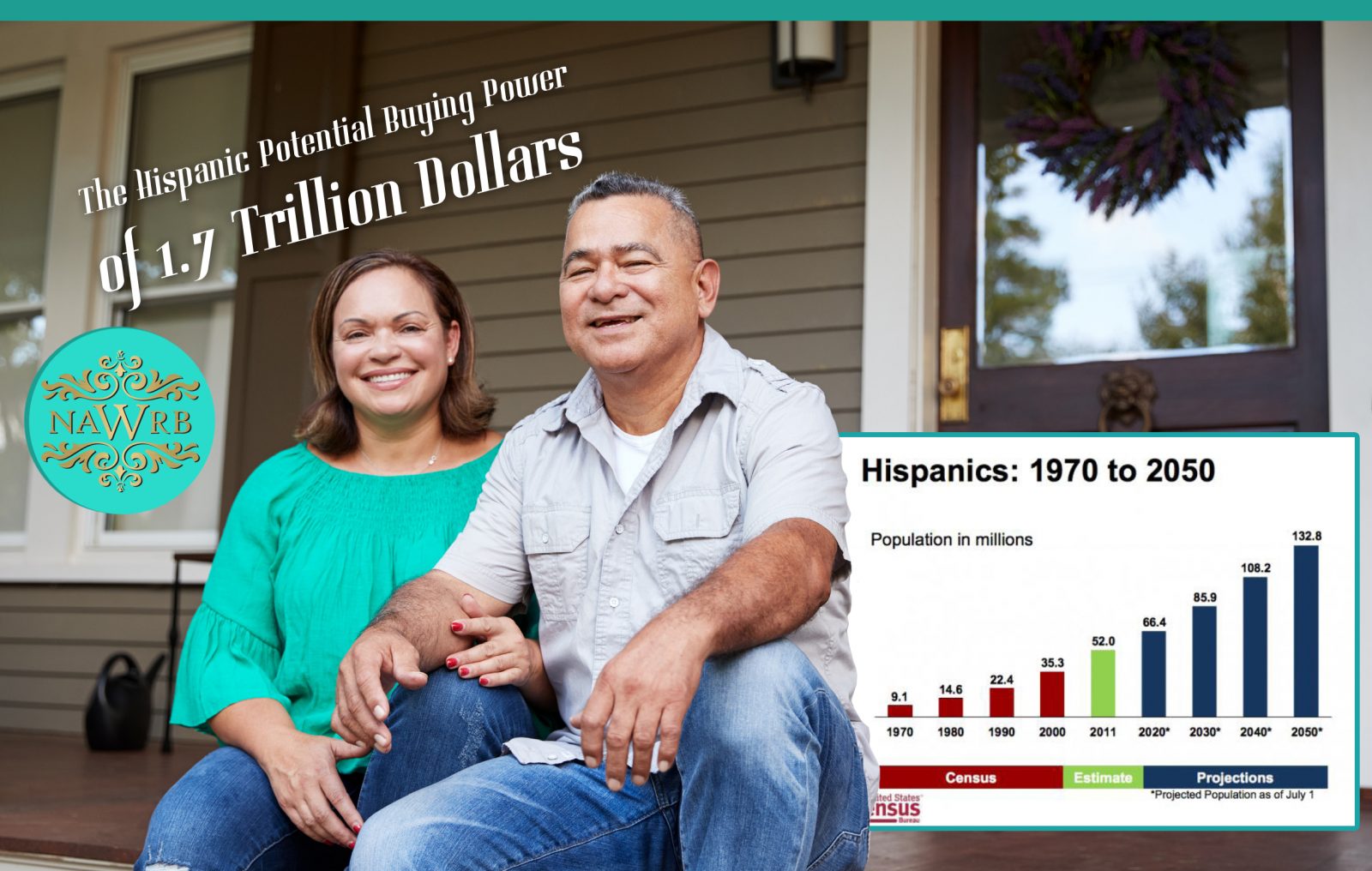DID YOU KNOW?
There are 2,681,200 African American Women-Owned Businesses which make up 21 percent of all women-owned businesses. However, “the gap between African American women-owned businesses’ average revenue and all women-owned businesses is the greatest” (Volume III: Business Ownership, NAWRB WHER).
According to the American Express report, while the number of women-owned businesses grew 21 percent from 2014 to 2019, firms owned by women of color grew double that rate at 43 percent. The number of businesses owned by African American and Black women grew even at an even faster rate at 50 percent, compared to Native Hawaiian/Pacific Islander women at 41 percent; Latinx/Hispanic at 40 percent; and Native American/Alaska Native at 26 percent. These rates are slower than those of women of color in general but faster than overall women-owned businesses.
Interested in learning more about minority-owned businesses? Purchase Volume III: Business Ownership today at our shop. NAWRB’s WHER offers over seventy resources in our six volumes that break down important topics in the housing ecosystem.

 Login
Login





















 Innovators are working to make AI great at problem-solving, automatic processing, data collecting and so on, but being an agent or broker requires skills AI does not have: the expert advice of a professional who has worked in the field for over 20 years, the ethics to makes sure AI is used responsibly, the ability to listen and understand a client’s needs, the intuition to know when a property is a good fit or deal, and the empathy to sympathize and provide moral support when homebuyers get cold feet or things don’t go according to plan.
Innovators are working to make AI great at problem-solving, automatic processing, data collecting and so on, but being an agent or broker requires skills AI does not have: the expert advice of a professional who has worked in the field for over 20 years, the ethics to makes sure AI is used responsibly, the ability to listen and understand a client’s needs, the intuition to know when a property is a good fit or deal, and the empathy to sympathize and provide moral support when homebuyers get cold feet or things don’t go according to plan.

 According to the 2017 Distressed Communities Index by the Economic Innovation Group, one in six Americans, approximately 17 percent of the population, live in economically-distressed communities, and the average state has 15.2 percent of its population living in these struggling areas.
According to the 2017 Distressed Communities Index by the Economic Innovation Group, one in six Americans, approximately 17 percent of the population, live in economically-distressed communities, and the average state has 15.2 percent of its population living in these struggling areas. In September, California Governor Jerry Brown signed the SB 826 bill into law, a landmark legislation requiring female representation on corporate boards. Specifically, the bill requires that at least one woman be on the board of publicly-held companies in California by year-end 2019. Despite concerns over its potential efficacy, the bill is an important step in diversity and inclusion, as well as for the advancement of women.
In September, California Governor Jerry Brown signed the SB 826 bill into law, a landmark legislation requiring female representation on corporate boards. Specifically, the bill requires that at least one woman be on the board of publicly-held companies in California by year-end 2019. Despite concerns over its potential efficacy, the bill is an important step in diversity and inclusion, as well as for the advancement of women.


